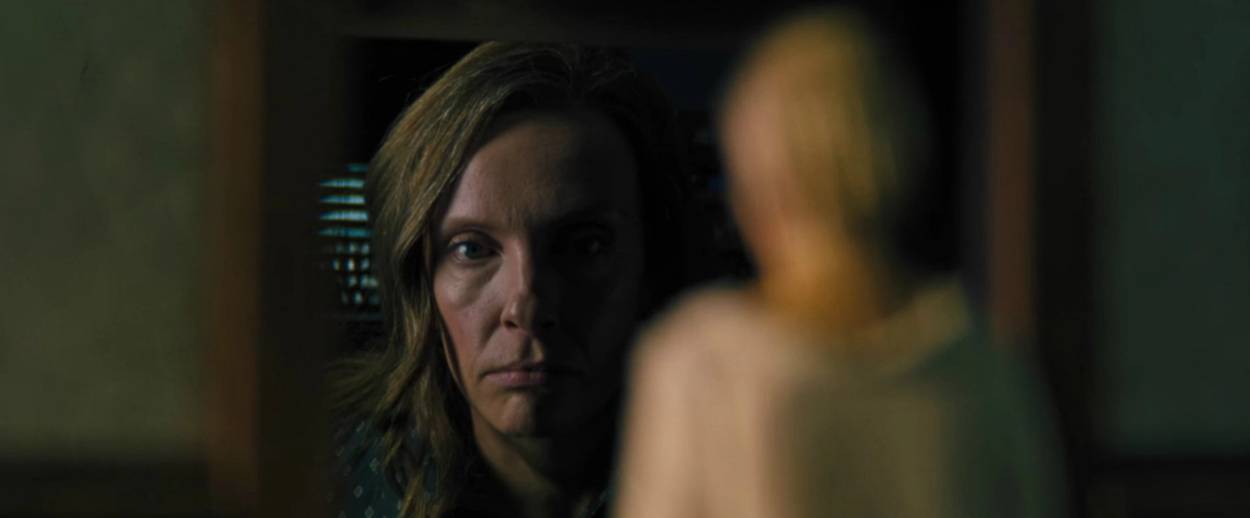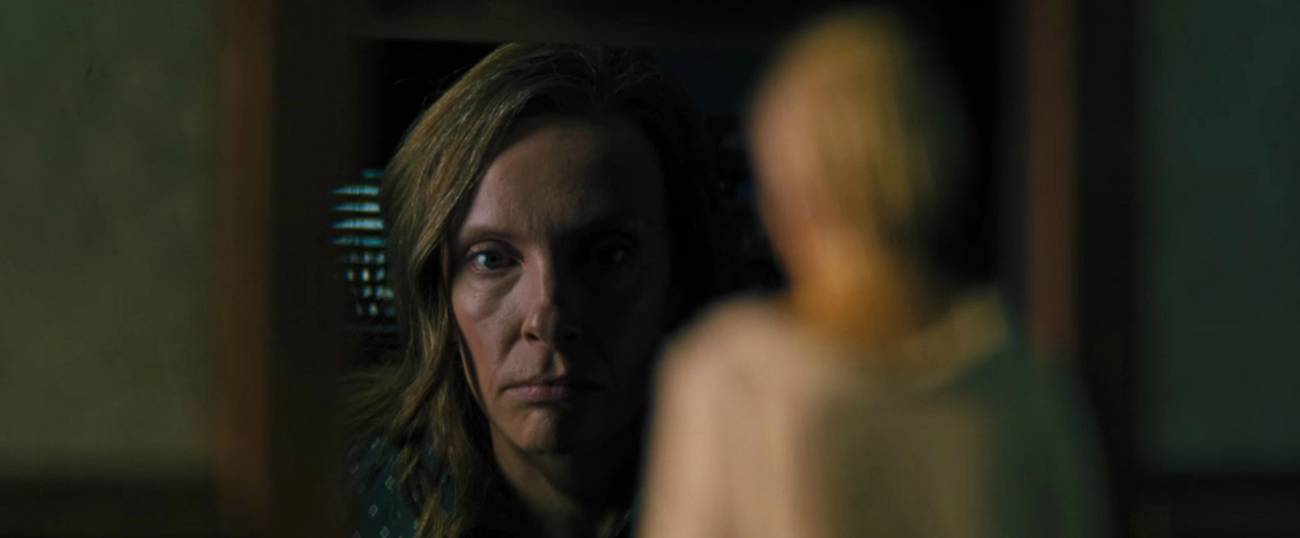In Hit Horror Film, a Sadly Unheeded Lesson in Jewish Morality
Critics and fans all love ‘Hereditary’ for all the wrong reasons




As a young artist, it’s hard for me to not be envious of Ari Aster, whose first feature-length film, Hereditary, has shaken audiences and critics alike. Indeed, how many recent films have the distinction of being compared to The Exorcist and Rosemary’s Baby? And yet, while the film earned these comparisons with visceral execution and uncanny cinematography, the real reason I’ve been reeling over the movie have to do with the very moral, very Jewish lesson it provides by its end.
A Jewish lesson in Hereditary? True, if you’ve looked up anything about the film, you’ll find out that it’s a Jewish writer and director who’s made a film about Catholic demonology, something Aster jokes he can do because he doesn’t feel guilty about it. But if you were to read further into any of the articles, you’ll notice Aster’s recurring statement about the film, that underneath all the horror is a terrifying tale about a family dealing with grief and trauma. This is something that interviewers and critics have seemingly glossed over, preferring to scrutinize minute details within the film to create logic out of the fantastical, demonic narrative. The fact that each piece about Hereditary repeats the same search for meaning means that the film is not a horror movie confined to its possessive frames, but a cautionary fable about the search for meaning among the wreckage of trauma instead of sharing grief.
Well into the film, the main character, Annie Graham, played masterfully by Toni Collette, is in her workshop constructing a miniature. Her husband, Steve, played stoically by Gabriel Byrne, walks in and is horrified by Annie’s construction, a miniature reproduction of a traumatic experience from the family’s past. When Steve exasperatedly asks Annie why she chose to reproduce that moment and how her family is supposed to respond, she simply shrugs and continues to produce that miniature. These miniatures encompass the film, from the opening scene—which enters a miniature of Annie’s house—to the final shot, another miniature reproduction.
Watching the baffled Steve ask his on-screen wife “why?” I was reminded of every Seder I’ve ever attended, where we ask each other loaded questions about our past, not to produce clear and concise answers but to reflect together as a congregation. Annie, however, does not reflect; instead, she continues to produce that traumatic experience, unable to let go and unwilling to share her pain with her family. You can guess what that does to the dynamic around the dinner table: Increasingly, Annie estranges herself from her family, until she finally produces a narrative that explains her trauma, one so impossible that the film reaches the terrifying heights that it’s been praised for.
What is truly terrifying about Hereditary, then, isn’t the Gothic imagery and quick scares it applies to such great effect. Instead, it is the way in which the movie captures the human endeavor to create impossible narratives in order to explain the traumas of our life, and to what cost we produce them. Dealing with the intolerable terrors with which life sometimes burdens us, some of us, like Annie, prefer to shut out open and honest and painful conversation and instead construct a mythology that comforts us even as it has nothing to do with reality. Curiously, Hereditary’s admirers seemed to have adopted Annie’s approach when discussing the film, studying its frames in an obsessive attempt to explain the impossible, rather than studying the film’s craft as a meditation on a family’s grief.”
It’s a pity. Hereditary is a cautionary tale about the lengths we may go to explain trauma, rather than seek intimacy and comfort with those grieving next to us. Were audiences to choose intimacy and communication where Annie chose to create narratives, they may find ways of coping those essential truths of life, a lesson so important that it’s taught been taught by our rabbis time and time again.
Zachary Issenberg is a writer from Ft. Lauderdale, Florida currently based at Columbia University.